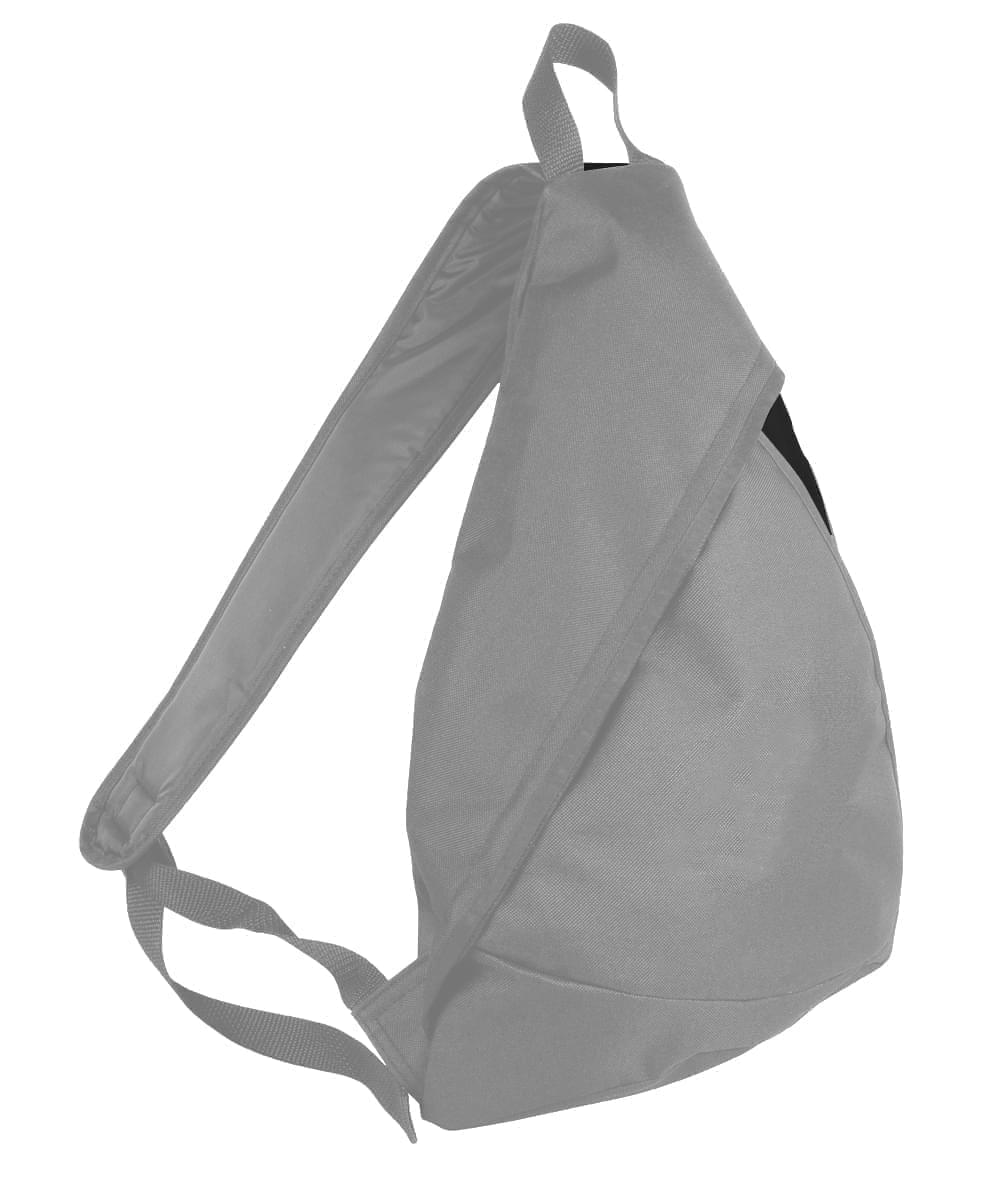As we approach the 2024 presidential election, labor unions are becoming an increasingly important factor in shaping the political landscape. Union membership may have declined from its peak of 35% in the 1950s to 11% today, but support for unions is growing and their political clout is on the rise.
Public opinion on unions remains relatively high, with 67% of Americans approving of labor unions according to Gallup polling data. This support, despite the decline in union membership, suggests that people recognize the value of unions in advocating for workers’ rights and benefits.
Interestingly, there is a significant difference between Democrats and Republicans when it comes to their views on unions. A striking 88% of Democrats approve of unions, while 47% of Republicans do so. The considerable support from the Republican base hints at a shift towards a more populist approach on labor issues and a break from traditional party lines.
High-profile strikes have also played a role in shaping public opinion and the political environment. Examples include the United Auto Workers Union and the Screenwriters and Actors Guilds. These strikes provide opportunities for political figures to align themselves with workers’ rights, potentially swaying voter opinions in their favor.
Recent gains in organizing have also contributed to the influence of Unions, with the UAW just winning its first criticial election for Volkswagen in Tennessee.
With the increasing support for unions and their growing presence in high-profile labor disputes, the impact on the 2024 presidential election is set to be significant. Candidates from both parties may choose to align their platforms with labor rights in order to appeal to this broad base of Americans who view unions favorably.
Three of the six critical battleground states–Michigan, Nevada, and Pennsylvania, have among the highest percentages of union members. But this does not necessarily mean Democrats are guaranteed victory, as Republicans are chasing union approval, with several national unions reluctant to back President Biden yet.
Labor issues could be a critical battleground with strong potential for bipartisan appeal. As the focus on economic concerns such as wage increases, retirement benefits, and working conditions resonates with voters’ experiences, labor rights may be a pivotal issue in the upcoming election.
In conclusion, while union membership may be shrinking, the influence of unions on the political landscape is growing. As the 2024 presidential election approaches, the support for unions and labor rights is likely to significantly shape candidates’ platforms, campaign strategies, and voter mobilization efforts, highlighting the enduring importance of labor unions in American political and social life.

 Dad Caps
Dad Caps
 Five Panel Hats
Five Panel Hats
 Mesh Back Hats
Mesh Back Hats
 In Stock Blanks
In Stock Blanks
 Snapback Hats
Snapback Hats
 Stretchfit Hats
Stretchfit Hats
 Duffel Bags
Duffel Bags
 Backpacks
Backpacks
 Tote Bags
Tote Bags
 Computer Bags
Computer Bags
 Sling Messenger Bags
Sling Messenger Bags
 Cooler Bags
Cooler Bags
 Cuff Hats
Cuff Hats
 Beanies
Beanies
 Scarves
Scarves
 Zipper Folders
Zipper Folders
 Stitched Folders
Stitched Folders
 Accordion Folders
Accordion Folders
 Ring Binders
Ring Binders
 Letter Folders
Letter Folders
 Clipboards
Clipboards

 Union Made In USA
Union Made In USA






